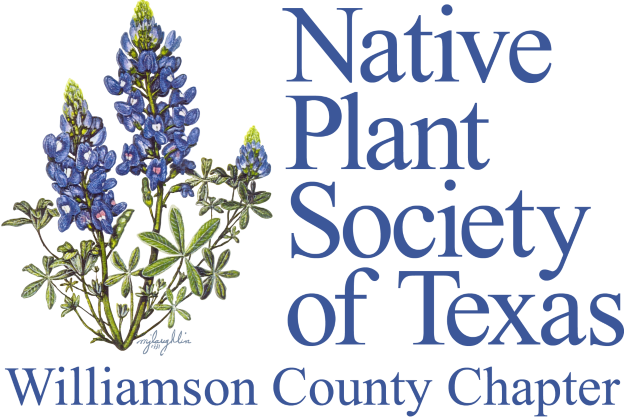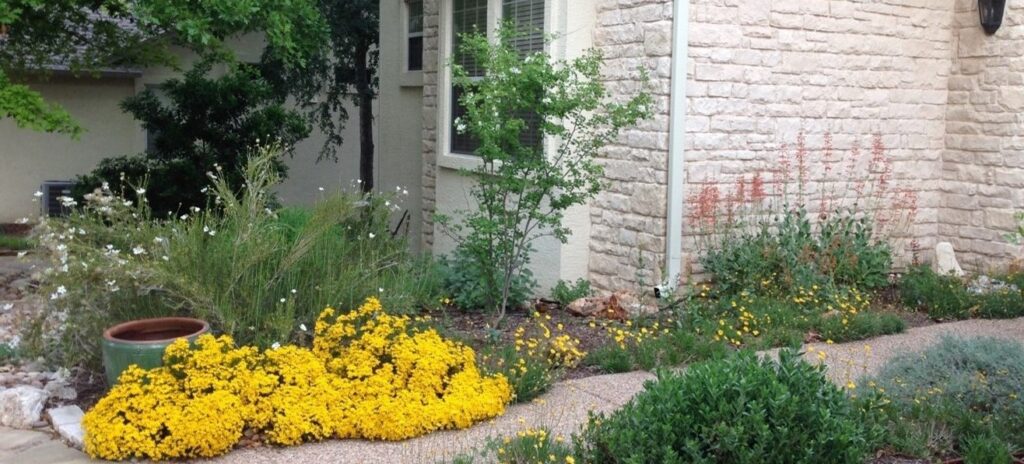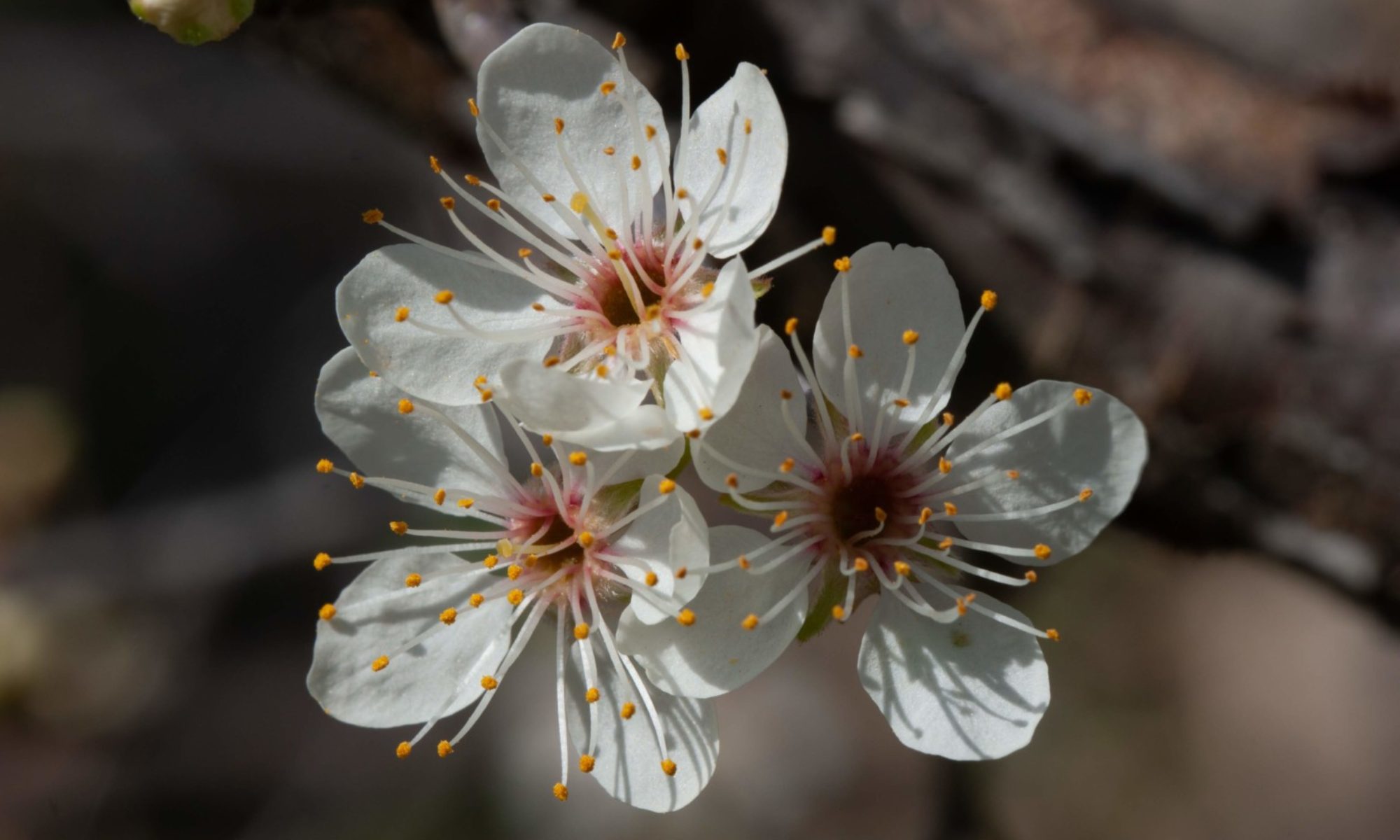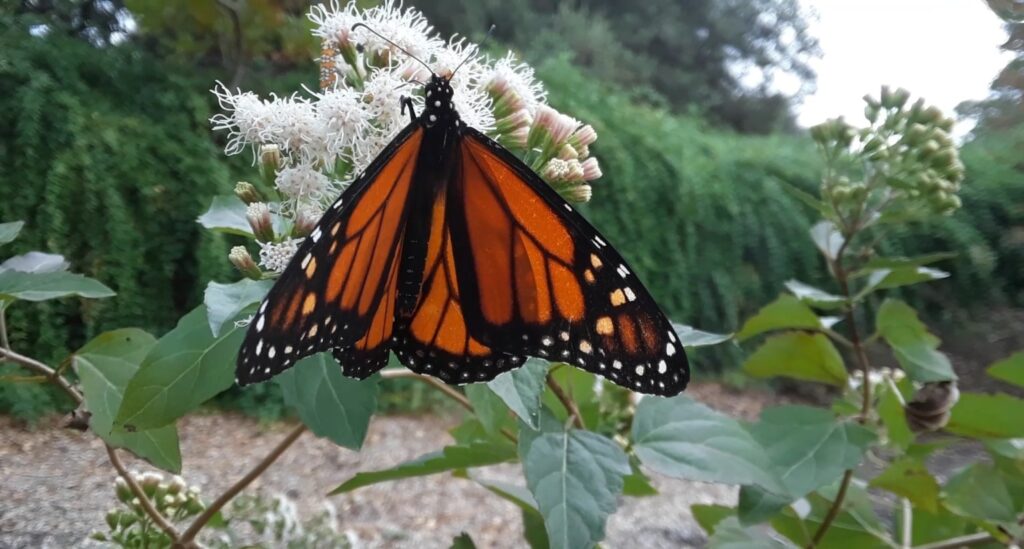— by Randy Pensabene

Xeriscaping with Texas Native Plants
by Randy K. Pensabene, NPSOT-Williamson County
“Xeriscaping” (pronounced zer-i-skaping, not “zero-skaping”) is a term coined in the 1980s. A fundamental principle of Xeriscaping, is that people living in dry climates should landscape using “appropriate plant selection,” meaning they should use plants suited to dry, arid landscapes rather than plants that need lots of water to survive.
Watering of today’s landscapes and lawns accounts for approximately 50-75% of residential water use. Instead of the typical water-guzzling landscape, you can elect to have a beautiful and functional low-water, drought-resistant landscape with native plants.
The native plants that evolved in this area survive and thrive in our soil, heat, droughts, flooding rains, and freezes. They also provide year-round nectar, seeds, fruit, nuts, and habitat necessary for our native wildlife to survive. Texas native plants provide the host plants our butterflies depend on and the food required to sustain our native bird populations and fuel our migrating birds.
Click on this link to learn more about the benefits of landscaping with native Texas plants and a list of low-water, drought-resistant landscape plants recommended for Williamson County and surrounding areas.



